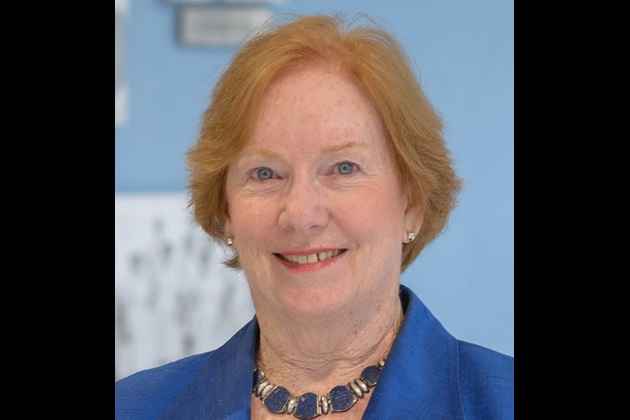Professor Danny Kelly speaks to nursing research expert Linda Aiken ahead of her keynote speech at the Research Society’s 2019 RCN International Nursing Research Conference
Q: How did you first get involved in research?
A: As one of the first clinical nurse specialists in open heart surgery, I encountered a number of clinical challenges that needed evidence-based interventions. My first research publication was in Nursing Research and involved testing a systematic relaxation intervention pre- and post-operatively to reduce the incidence and severity of post-operative psychosis among open heart surgery patients. The intervention worked! Also as a result of my clinical experiences in hospitals, I became interested in the impact of poor nurse practice environments in hospitals on patient and nurse outcomes, which has been a multi-decade programme of research.
Q: Which of your nursing workforce studies are you most proud of?
A: My research published in the Journal of the American Medical Association in 2003, and replicated in Europe and published in The Lancet in 2014, showed for the first time that university education for nurses produces better outcomes for patients. It led to a major shift in preferential hiring of bachelor’s-prepared nurses in the US and elsewhere. This research refutes the myth that educated nurses do not care about or are not good at taking direct care of patients represented in the oft cited refrain in England about educated nurses being “too posh to wash”. It also challenges the merits of returning to apprentice education for nurses – which is currently under discussion in England.

Q: What has been the greatest impact of your research?
A: Showing in studies in differently organised and financed health care systems around the world that each patient added to a nurses’ workload is associated with a 7% increase in hospital deaths has been the catalyst for governments to introduce safe nurse staffing standards. Our research has been referenced in safe nurse staffing interventions in the US, Australia, Ireland, Wales, Scotland and Chile. Research shows that safe nurse staffing standards are successful in improving hospital nurse staffing, which results in better patient outcomes and cost savings by preventing excessive hospital readmissions, long length of stay, and complications like health care-acquired infections.
Q: Do you have any advice for nurses starting out in research?
A: Make the improvement of patient outcomes a priority when you choose your research questions, as those are the answers policy makers, clinicians and the public are seeking. Reach out to researchers in non-nursing fields such as sociology, economics and statistics – you might be surprised how interested they are in nursing research. Try to create a research team of multiple collaborators, because conducting research alone is difficult and the input of different perspectives helps create better studies. Most importantly research does not have to be complicated. Approach it as though you’re solving a clinical mystery – all nurses are good at that.








